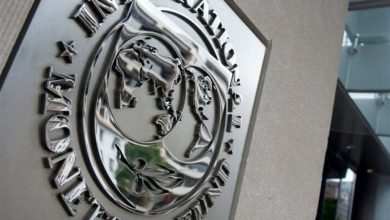Rating Agencies Warn of France’s Worsening Financial Situation
Following the resignation of France’s Prime Minister, which exposed the depth of the country’s political crisis, rating agencies issued a new wave of warnings on Monday regarding France’s credit rating.

According to the Sedaye Sama News Agency, According to Reuters, the resignation of French Prime Minister Sébastien Lecornu, just 14 hours after presenting his cabinet and less than a month after being appointed as Emmanuel Macron’s fifth prime minister in 21 months, highlighted the severity of France’s political crisis. This event triggered a new wave of warnings from rating agencies regarding the country’s financial and credit situation.
Fitch, which last month downgraded France’s credit rating to the “A” level for the first time, stated that the current political instability in France has severely limited the scope for “major fiscal reforms.” Fitch warned that the government’s failure to implement stabilization measures or a continued rise in financing costs could put additional negative pressure on the country’s credit rating.
Additionally, S&P Global, which currently assigns France a negative outlook for its “AA-” rating, noted that the French government’s expenditure-to-GDP ratio is around 57 percent, the highest among the countries it rates. According to the agency, the main challenge for the government is to gain the support of France’s fragmented parliament to pass a budget that aligns with European Union commitments, including maintaining the deficit at 3 percent of GDP.
Following Lecornu’s resignation, French debt markets came under pressure; government bond yields approached Italian levels, and the cost of insuring French government debt increased. These developments indicate a decline in investor confidence in the country’s economic and political stability.
Meanwhile, the European rating agency Scope Ratings, which also assigns France a negative outlook at “AA-,” emphasized the country’s “chronic political challenges” and warned that if the political deadlock continues, the government’s ability to implement fiscal reforms and restore market confidence will be severely weakened.







